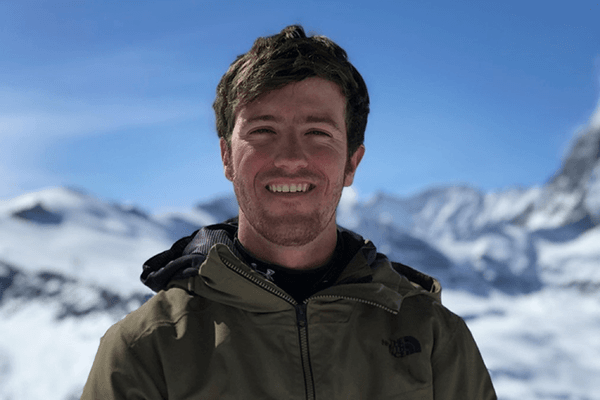
Learning from the past: Using historic patterns to improve real-time and future simulations of mountain snowpack
Justin M. Pflug
CIRES Post Doc, CU Boulder
Tuesday, September 14, 2021, 2:00 pm
Abstract
Mountain snow provides habitat for multiple wildlife species and is a vital source of late-season streamflow. However, our ability to simulate the volume and spatial distribution of snow in complex terrain is challenged by 1) precipitation biases from meteorological products and atmospheric models, 2) misrepresentations of hillslope-scale (< 100 m) snow accumulation processes like wind-redistribution and preferential deposition, and 3) changes to typical snow accumulation with changes in future climates. In this presentation, I discuss how historic information provided from airborne lidar snow depth maps and satellite-informed snow reanalyses can be used to improve real-time and future estimates of mountain snow resources in the California Sierra Nevada and Colorado Rocky Mountains. I show that normalized snow patterns from previous years can be used to both 1) spatially-extrapolate snow depth estimates from observations covering only a portion (< 4%) of a watershed, and 2) downscale fine-resolution (25 m) snowfall from coarser-scale (> 1 km) atmospheric models. Results also showed that cumulative snowfall could be inferred to accuracies well within accuracies of atmospheric models by leveraging the relationship between snow pillow observations and snow accumulation patterns from a multidecadal (1985 – 2016) snow reanalysis. Finally, historic snow patterns may be useful not only for real-time snow and streamflow forecasting, but also for understanding how future changes in climate may influence habitat for snow-adapted species like Wolverine and Bull Trout. These results emphasize the utility of historic snow information, which may improve estimates of snow volume and spatial distribution in a way that is computationally efficient and easily employed in operational frameworks.